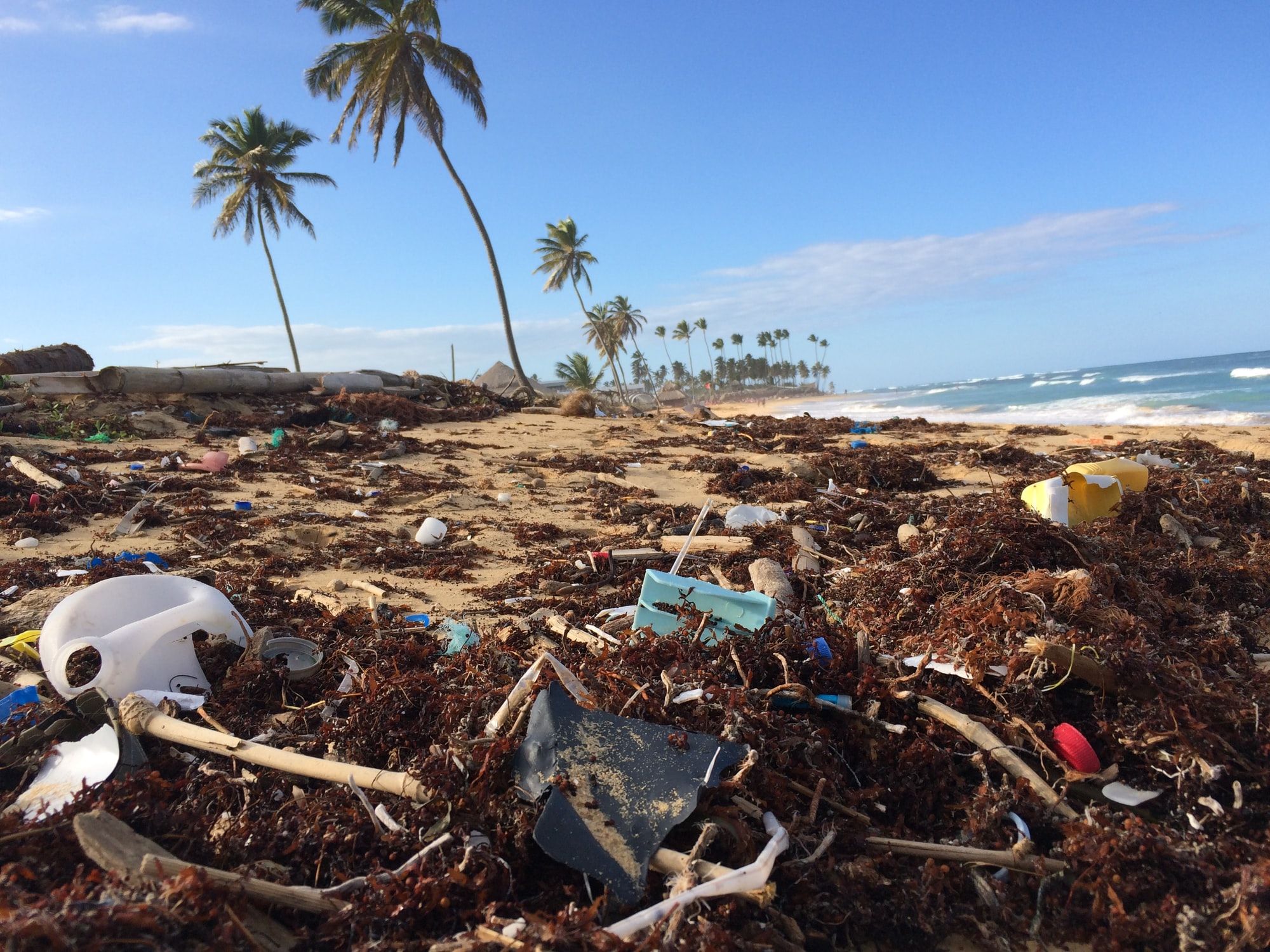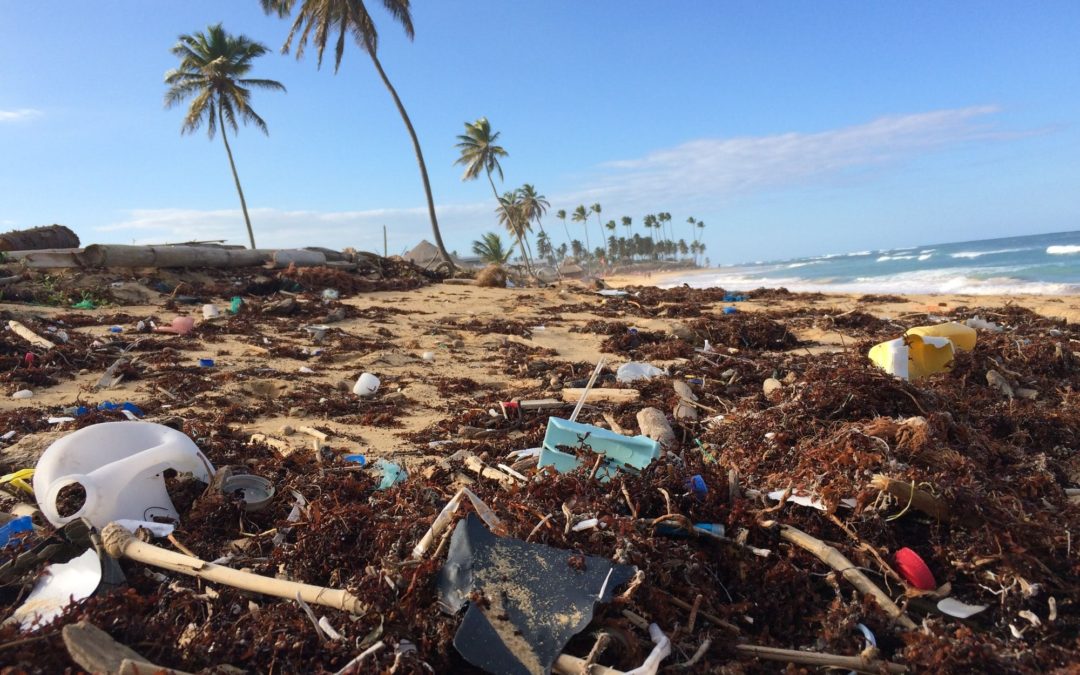
Chemists from the University of Oxford have found a way to turn the endless plastic waste overflowing our planet into a clean source of fuel – hydrogen. This course of action is much faster than previous methods and also needs less energy.
This new study, carried out by Peter Edwards and his team from the University of Oxford, is a one-step process turning plastic into hydrogen. The team of chemists starts by breaking the plastics into small pieces by blending them. After that, they mix the pieces with a catalyst of iron- and aluminium oxide. Then the mixture is placed in the microwave and once heated the catalyst helps the plastic to release its hydrogen. Within only a few seconds 97% of the gas is released from the plastic pieces. Interesting Engineering writes that the leftovers are “almost completely just carbon nanotubes”. Edwards said, in an article published on the University of Oxfords website:
“This is not good applied science, but rather good science, applied. It opens up an entirely new area of great potential in terms of selectivity and offers a potential route to the use of plastic waste Armageddon, particularly in developing countries as one route to the hydrogen economy – effectively enabling them to leap-frog fossil fuels.”
This new method is in the starting pits and the tests have been focused on smaller scales of plastic – 300 grams or so. The next step for the team includes larger experiments.
If you’d like to read more in-depth about this project, the study was published in Nature Catalyst.





